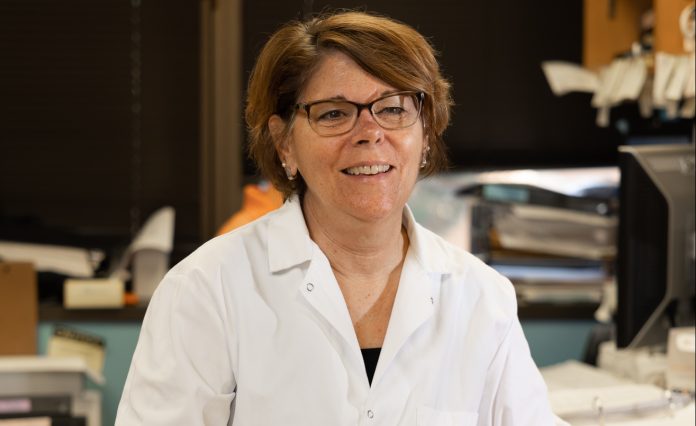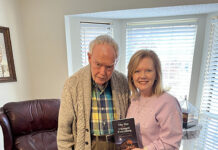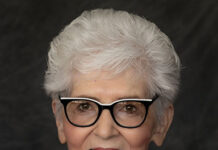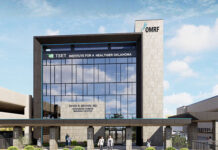Controlling a sometimes-deadly respiratory virus is a step closer to reality following U.S. Food and Drug Administration approval of the first preventive vaccine for older adults, Oklahoma Medical Research Foundation scientists say.
The FDA this month approved a vaccine to prevent respiratory syncytial virus, better known as RSV, in people aged 60 and older. The vaccine is made by the British pharmaceutical company GlaxoSmithKline (GSK).
The Centers for Disease Control and Prevention is expected to follow the FDA’s approval, clearing the way for RSV vaccines for older adults to be available in the U.S. this fall. Drugmakers Pfizer and Moderna are also in the late stages of developing RSV vaccines, including one for pregnant women.
“This is a major step, and even more progress against this virus appears to be on the horizon,” said OMRF physician-scientist Hal Scofield, M.D. “RSV annually kills thousands of seniors in the U.S. and has recently played a big part in stressing global health care systems, so this first vaccine approval is welcome news.”
RSV typically produces a cold-like illness, but it can cause lower respiratory infections like bronchiolitis and pneumonia. At greatest risk of RSV complications are older adults with chronic lung or heart disease, those with weakened immune systems, and young children. Scofield said the virus is “woefully underdiagnosed” in adults.
The CDC estimates that RSV leads to more than 60,000 hospitalizations and over 6,000 deaths among adults 65 years and older annually. According to GSK, in a clinical trial of 25,000 adults, its vaccine was more than 94% effective in preventing severe RSV.
GSK’s shot involves technology dating to the 1980s. Called a recombinant subunit vaccine, it is used in numerous immunizations, including those for hepatitis B and whooping cough.
OMRF scientist Susan Kovats, Ph.D., studies RSV. She is working to understand why the virus impacts children more frequently, with more than 2 million outpatient visits for children under age 5 annually, but generally hits older adults harder. The work is setting the stage for better treatments and will aid in vaccine design.
“There seems to be a correlation between virus load and age,” she said. “The preliminary data in our models of older adults shows that the older you are, the harder it is to eliminate the virus.”
Scofield and Kovats said the approval of the first vaccine for RSV is good news, as long as those eligible take advantage.
“Time will tell how widespread uptake of the vaccine will be,” said Scofield, “But for older adults most at risk of a bad outcome from RSV, I hope that getting vaccinated when it becomes will be an easy decision.”















